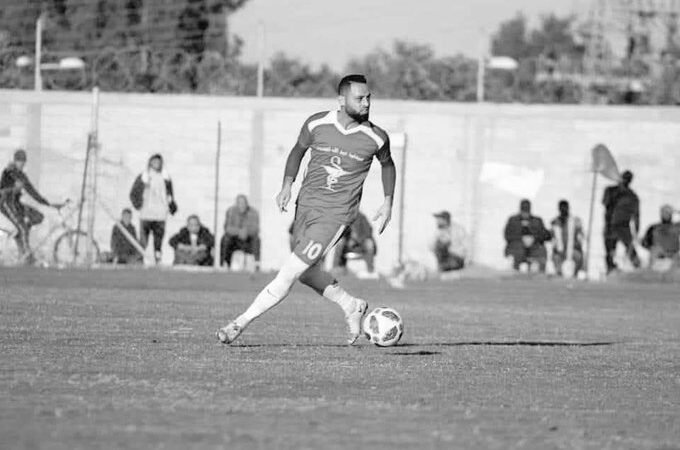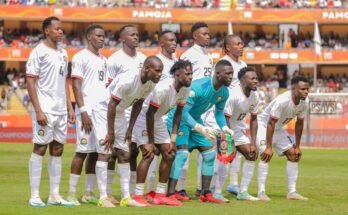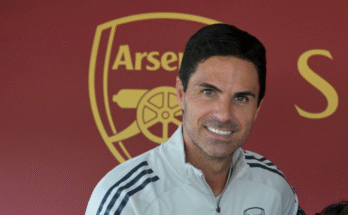On July 3, 2025, Muhannad Al-Laili, a talented young Palestinian footballer, was murdered in an Israeli drone strike on Gaza. He was just 17 years old hopeful, passionate, and full of dreams related to the game he loved. His murder is not an isolated case; it is all part of a broader, staggering trend that has claimed the lives of at least 437 Palestinian footballers since October 7, 2023, according to the Palestinian Football Association records.
Muhannad was targeted at home. He was not in a combat zone. He was unarmed. He was likely doing what any ordinary teenager would be doing sleeping, studying, or maybe watching football clips on his cell phone. But for Gazans, even home is not immune. The Israeli air strike that killed him leveled his family house, Middle East Eye has reported, adding to the lengthy list of athletes murdered in a conflict that is ever more blurring the lines between combatants and civilians.
Gaza’s sports fields are now rubble, its stadiums ghost zones, and its players casualties since the war broke out. The Palestinian Football Association now estimates that 785 athletes and sporting officials have been killed in Gaza, 437 of them footballers a number that indicates the scale of the devastation wrought on the Palestinian sporting fraternity.
This is more than just an issue of numbers. These were human beings with names, with families, and with futures many like Muhannad, for whom football was a route out of siege and adversity. Coaches, referees, teenage prodigies, and even national team players have all been lost. Some were killed at home, others while seeking shelter with family, and a few during brief moments of training, trying to maintain some sense of normal life amidst chaos.
Football is not a luxury for most young Palestinians it is therapy. It is the only time that they can be free, at least for 90 minutes. Local clubs like Khadamat Rafah, Shabab Jabalia, and Gaza Sports Club have been sanctuaries for years, where boys like Muhannad could dream beyond checkpoints and warplanes.
But the war has not spared the education infrastructure of football either. Training fields have been bombed. Stadiums have been turned into shelters or destroyed completely. Equipment is in short supply. Leagues have been suspended. A whole generation of Palestinian talent has been muted not from injury, but from airstrikes.
Muhannad’s death is symbolic of a far greater tragedy a war not just on Gaza’s land, but on its future. In targeting homes and residential areas indiscriminately, this war has annihilated artists, musicians, doctors, students and sportspeople. One cannot help but ask: when 437 footballers are murdered, is it still “collateral damage,” or is something more deliberate at work?
International sports federations have been largely silent. While the world football federations organize for causes and take a knee for justice, few have spoken out against the deliberate targeting of Palestinian sport. Muhannad’s passing should be a wake-up call a call for the world to see beyond the political news and grasp the human cost of this conflict.
Muhannad Al-Laili was only 17. He wore football jerseys like any adolescent. He played with his friends, chased goals, and hoped one day to play in the colors of his country. That aspiration was buried beneath the rubble of his home.
And now, he joins a roll call of names who never should have become martyrs: not on the front lines, not in combat but in the streets, in their homes, in makeshift stadiums.
The international football world must do more. Speak up. Call for accountability. Remember Muhannad and the hundreds like him not just as Palestinian victims, but as fellow athletes. As players. As dreamers.
For football is supposed to bring us together, not be a silent witness to injustice.
The Death of a Dream: Muhannad Al-Laili and the War on Palestinian Football



